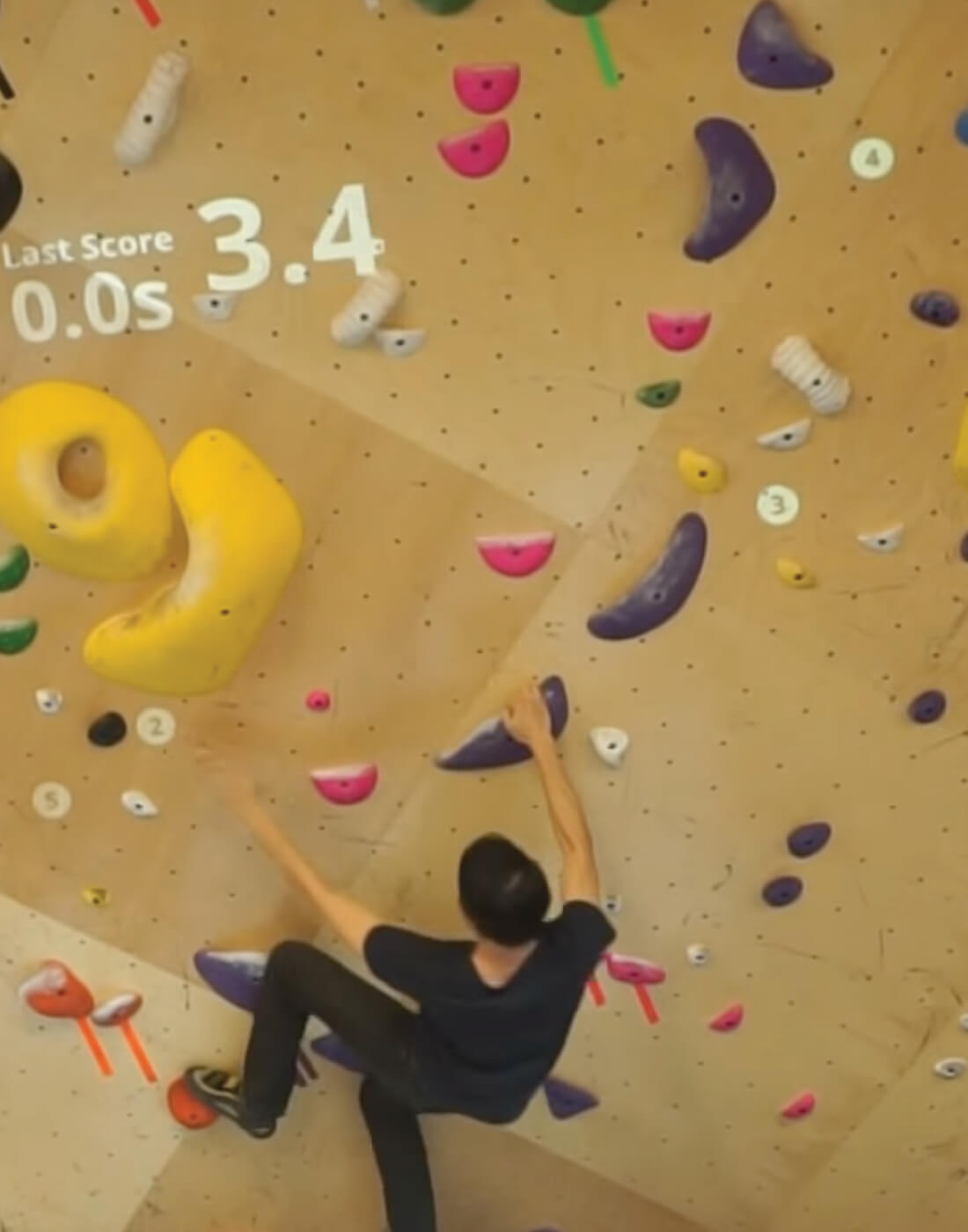Is Climbing Inherently Dangerous? Yes. But Psychologists Argue That It’s Good For the Kids
Psychologists believe that it’s necessary to put your child in risk to stabilize their mental and emotional wellbeing. Gever Tulley, a founder of Tinkering School, recently gave an entire TED talk about how we fail to prepare our kids for the environment around them by being overly protective:
When it comes to climbing, most incidents are caused from an improper way of handling the equipment – risk that can be effectively managed. The benefits children receive range from learning the importance of responsibility (putting on a harness correctly), interdependence (learning to belay others), trust, communication and a positive attitude.
Climbing can be an intrinsically motivated activity where the child makes her own choice and achieves satisfaction from both the act of choosing and from the opportunity to act upon it. Kids learn to build a mental resilience; they may fail at first, but they learn that if they try again and again, they may be rewarded with success.
David Meyerson, an adolescent psychologist and a consultant for Tenderfoot, explains:
“If children find an activity to be intrinsically motivating, they are more likely to repeat it and succeed at it, which builds their sense of mastery and self-confidence. Ultimately, much is to be gained in terms of a child’s learning and emotional well-being. Rock climbing is one activity that kids typically do not have access to and thus may be an untapped resource for capturing children’s intrinsic motivation.”
In a world where kids are increasingly captivated by screens and technology, it’s even more beneficial to get them mobile and motivated. If your child is already climbing, here are two ways to maximize the experience for their development:
Build skills through climbing
Encourage them to take risks.
This gives your child an opportunity to discover the relationship between effort and success, between success and motivation, and to develop higher self-concept. Tasks with a moderate level of difficulty such as climbing easy routes with an instructor will challenge kids without overwhelming them. Then, it’s important for tasks to increase in difficulty based on the child’s ability, such as climbing more difficult routes or bouldering.
Encourage self-motivation
You can challenge children to compete against their own performance in the quantity and quality of their productivity, within a specific time frame or it can be used to increase on-task behavior or decrease inappropriate behavior. There are many problems to conquer on the walls and it’s always a personal challenge to get to complete one route, which can require many tries, before moving onto the next. The long term goal is to teach children to lose gracefully and use defeat as motivation to improve. Eventually children must be encouraged to see “failure” as a positive experience — developing grit.
Viktoriya Gaponski is a membership specialist at Brooklyn Boulders Queensbridge and a founder of Tenderfootnews.com, an app that allows children to discover news & their interests in a safe, curated manner.
If you’re looking for a new activity to challenge your child – try out climbing! Our extensive Youth Programs offer a variety of experiences, from after-school programs to day or week long adventure days to a competitive climbing team. See more information here.




